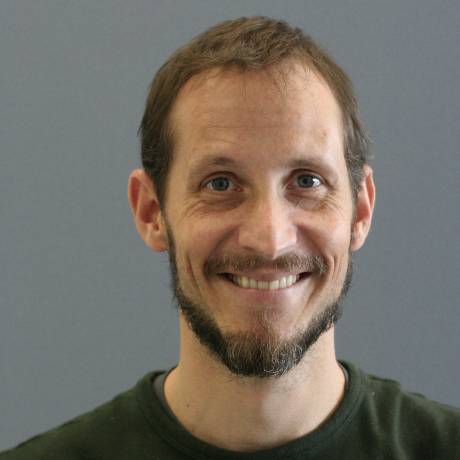Main content
Top content

Mario Negrello
Current job:
Assistant Professor, Erasmus Medical Center, Rotterdam
Graduation in Osnabrück: 2004 (M.Sc.), 2009 (PhD)
My professional pathway
I obtained a mechanical engineering degree in Brazil (1997), and later after a period in the industry (VW 1999-2004), I moved to Germany for a complete change of course. I decided to obtain a Masters degree (2006) and PhD (summa cum laude) in Cognitive Science in 2009. During the PhD I worked at the Fraunhofer Institute in Sankt Augustin (Germany) for Intelligent Dynamics and Autonomous Systems, and researched artificial evolution of neural network controllers for autonomous robots (2007/08). This work was awarded a scholarship by the International Society of Neural Networks (INNS) to sponsor an eight-month period (2008/09) as a visiting researcher at the Computational Synthesis Lab at the Aerospace Engineering department of the Cornell University in USA (with Hod Lipson). In my first post doctoral period I acted a group leader at the Computational Neuroscience laboratory at the Okinawa Institute of Science and Technology (with Erik De Schutter). Since 2012 I am assistant professor in computational neuroscience at the Erasmus Medical Center in Rotterdam, where I combine empirical research and computational models (www.neurocomputinglab.com).
My CogSci student experience
Why is Cognitive Science in Osnabrück a great place to study?
In Osnabrück I’ve lived through the most vivacious intellectual time of my life. It gave me more than just professional outlook in a field I’m in love with (computational neuroscience), it gave me philosophical perspective both on science and on humans.
What did you specialise in during your studies?
AI, Neurobiology, Philosophy of Mind, Cognitive Psychology
Which skills from your degree programme have helped you the most in your professional life?
Logical thinking, programming, ML, AI.
My advice for you
Don’t plan all that much. Keep your eyes on the horizon, but focus on the ‘local gradient’.
Watch this youtube video on Why divergent thinkers beat geniuses in the real world by David Epstein

